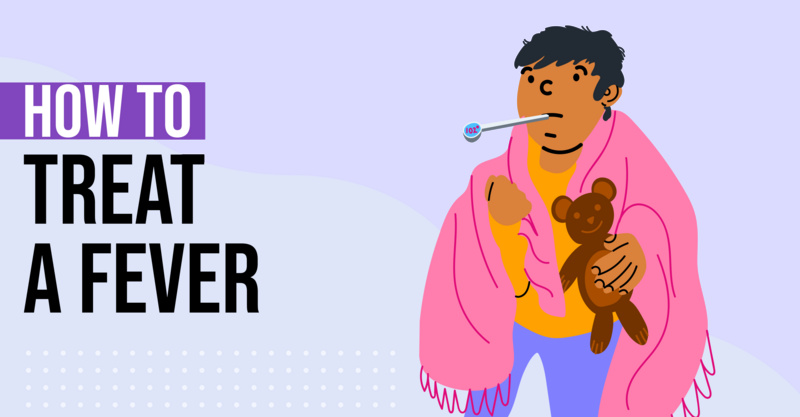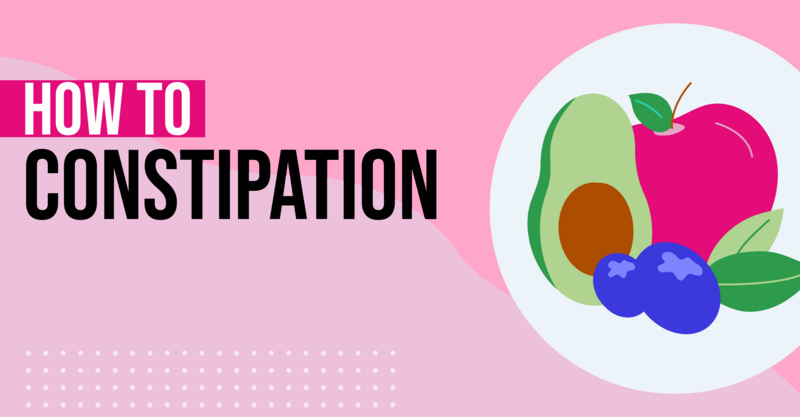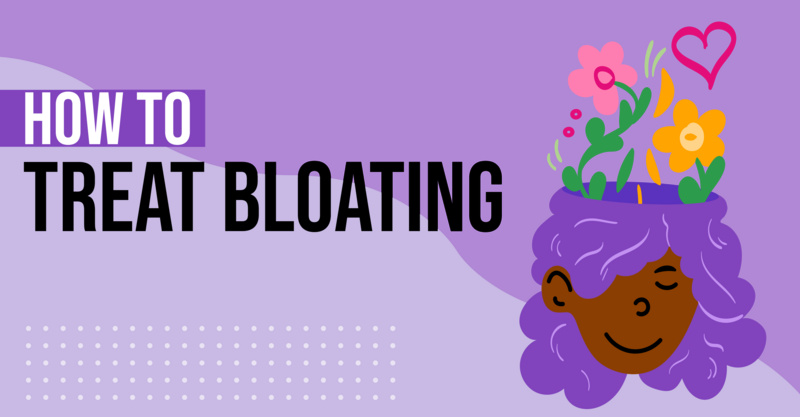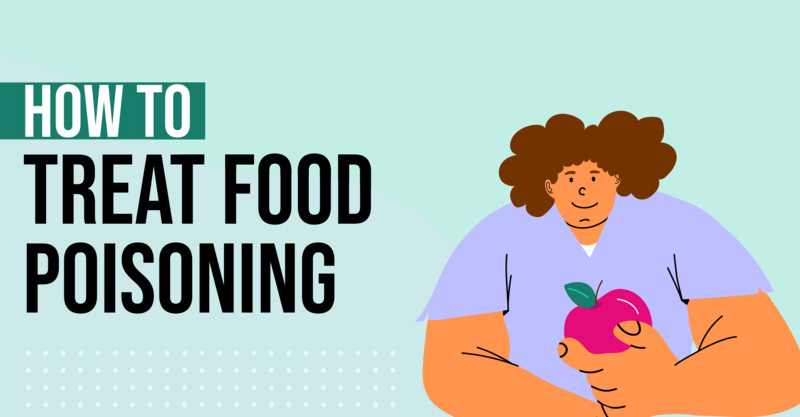Key Points
- Diarrhea is a common condition caused by various factors such as viruses, bacteria, food intolerances, and certain medications, and can also be a side effect of stress and anxiety.
- Effective home treatments for diarrhea include over-the-counter medications, probiotics, stress management, understanding food intolerances, the BRAT diet, staying hydrated, and avoiding irritating foods.
- Dehydration is a major complication of diarrhea, with symptoms including headache, dry mouth or skin, severe nausea and vomiting, light-headedness, and dark-colored or small amounts of pee.
- Urgent care is required if diarrhea lasts for more than two days without improvement, if there's severe abdominal or rectal pain, bloody or black stools, or a high fever.
- Most cases of diarrhea resolve on their own within a few days, but drinking plenty of liquids, gradually adding semisolid and low-fiber foods back to the diet, and taking probiotics can help alleviate symptoms sooner.
Diarrhea is a common condition that affects people of all ages and can be caused by a variety of factors—including viruses, bacteria, food intolerances, and certain medications, according to the Mayo Clinic. Since it can be so uncomfortable and inconvenient to deal with, it's important to know what you can do at home to help alleviate your symptoms.
Causes of Diarrhea
Diarrhea can be caused by several things, according to the Mayo Clinic. They list the most common causes of diarrhea as:
- “Stomach bugs”, such as gastroenteritis, norovirus, or rotavirus
- Food poisoning
- Side effects of some medications
- Food intolerances
- Diseases that affect your bowels like IBS, ulcerative colitis, or Crohn's Disease
- Procedures on your bowels
- Stress and anxiety can also cause diarrhea
Understanding the underlying causes of diarrhea can help you determine when to seek medical attention. Causes like IBS or food intolerances usually need long-term treatment plans, according to the Mayo Clinic. Whereas stomach bugs and food poisoning usually resolve on their own within a few days.
How to Treat Diarrhea at Home
1. Over-the-Counter Options
Over-the-counter medications such as Imodium, Pepto-Bismol, or Kaopectate can help with diarrhea symptoms, according to the Mayo Clinic. However, it is important to follow the instructions carefully and not exceed the recommended dosage. They note that if you have any underlying medical conditions or are taking other medications, it is best to consult with your doctor before taking any over-the-counter medications.
2. Probiotics
Probiotics are live bacteria and yeasts that are good for your digestive system, according to WebMD. They can be found in certain foods such as yogurt and sauerkraut—or taken as supplements. WebMD explains that probiotics can help restore the natural balance of bacteria in your gut and may help with diarrhea symptoms.
3. Stress & Anxiety Management
Stress and anxiety can both cause diarrhea symptoms, according to VeryWellHealth—so it is important to manage stress and anxiety symptoms as much as possible. Relaxation techniques such as deep breathing, meditation, and yoga can help with stress and anxiety symptoms as well as promote overall well-being, according to VeryWellHealth.
4. Understanding Your Food Intolerances
For some, certain foods can cause diarrhea symptoms. This is especially true for people who have digestive conditions like IBS or Crohn's Disease. Food allergies can also cause diarrhea. The Cleveland Clinic recommends keeping a food diary to see if any foods may be triggering your diarrhea. If you do find a correlation between something you eat and your diarrhea symptoms, you should speak with a doctor or eliminate the food from your diet.
5. BRAT Diet (Bananas, Rice, Applesauce, Toast)
The BRAT diet is a bland diet that can help when you’re experiencing diarrhea symptoms, according to Healthline. It consists of bananas, rice, applesauce, and toast. Healthline notes that these foods are easy to digest and can also help firm up your stool. However, it is important to note that this diet is not nutritionally complete and should only be followed for a short time.
6. Staying Hydrated
Diarrhea can cause dehydration, so it is important to drink plenty of fluids, according to the Cleveland Clinic. They note that water, clear broths, and electrolyte solutions such as Pedialyte can help replenish lost fluids and electrolytes.
7. Avoiding Irritating Foods
Certain foods can make diarrhea symptoms worse and should be avoided, according to Healthline. They note that some irritating foods may include spicy, fatty, and greasy foods.
When to See a Doctor for Diarrhea
Dehydration is one of the biggest complications of diarrhea, according to the Cleveland Clinic. Additionally, some people are more at risk than others to experience dehydration as a result of diarrhea. The Cleveland Clinic notes that the people most at risk are:
- Infants and small children
- People over the age of 65
- People with compromised immune systems
Symptoms of Dehydration
According to the Cleveland Clinic, the symptoms of dehydration include:
- Headache
- Dry mouth or skin
- Irritability and confusion
- Severe nausea and vomiting
- Light-headedness and dizziness
- Fatigue
- Dark-colored pee, small amounts of pee, or no peeing at all
Symptoms of dehydration should never be ignored. According to the Cleveland Clinic, dehydration can lead to kidney failure, stroke, heart attacks, and death if left untreated.
More Reasons to Go to Urgent Care
The Cleveland Clinic also lists other symptoms that warrant a trip to urgent care. These include:
- Diarrhea for more than two days with no improvement
- Severe abdominal or rectal pain
- Bloody or black stools
- Fever above 102 degrees Fahrenheit
Recap of Home Treatment for Diarrhea
Diarrhea can usually be treated at home, according to the Cleveland Clinic. They note that most cases of diarrhea resolve on their own within a couple of days. However, some over-the-counter medications like Pepto-Bismol or Kaopectate can help you feel better sooner. The Mayo Clinic also recommends the following home care options:
- Drinking plenty of liquids (including water, broth, and juices), to prevent dehydration
- Adding semisolid and low-fiber foods back to your diet gradually if you’re recovering from a virus or food poisoning
- Avoiding dairy products, fatty foods, high-fiber foods, or highly seasoned foods until you feel better
- Consider taking probiotics to help restore a balance of good bacteria in your gut
Frequently asked questions
What are the common causes of diarrhea?
Common causes include stomach bugs, food poisoning, side effects of certain medications, food intolerances, diseases affecting the bowels, procedures on the bowels, and stress and anxiety.What are some effective home treatments for diarrhea?
Over-the-counter medications, probiotics, stress management, understanding food intolerances, the BRAT diet, staying hydrated, and avoiding irritating foods can help manage diarrhea at home.What are the signs of dehydration from diarrhea?
When should I seek urgent care for diarrhea?
You should seek urgent care if diarrhea lasts for more than two days without improvement, if there's severe abdominal or rectal pain, bloody or black stools, or a high fever.How long does it typically take for diarrhea to resolve on its own?
Most cases of diarrhea resolve on their own within a couple of days.Can over-the-counter medications help with diarrhea?
Yes, over-the-counter medications can help alleviate symptoms of diarrhea.What dietary changes can help manage diarrhea?
Drinking plenty of liquids, gradually adding semisolid and low-fiber foods back to the diet, avoiding dairy products, fatty foods, high-fiber foods, or highly seasoned foods until feeling better can help manage diarrhea.Are probiotics helpful in treating diarrhea?
Yes, taking probiotics can be beneficial in treating diarrhea as they can help restore the balance of bacteria in your gut.
Solv has strict sourcing guidelines and relies on peer-reviewed studies, academic research institutions, and medical associations. We avoid using tertiary references.

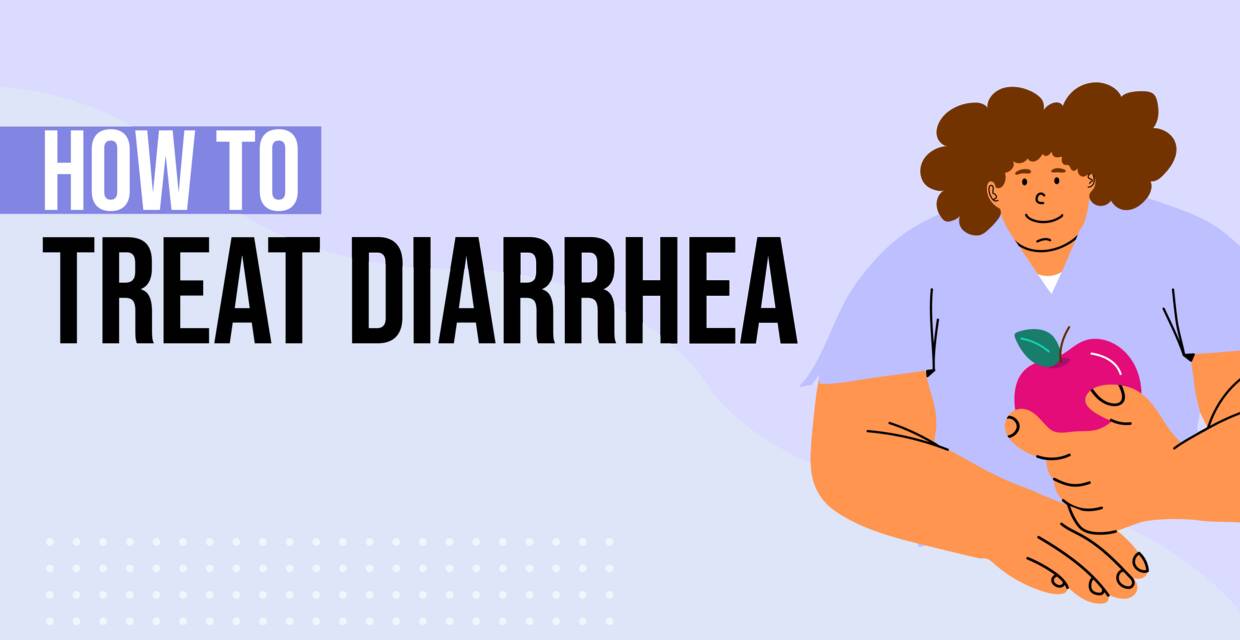
 LinkedIn
LinkedIn


